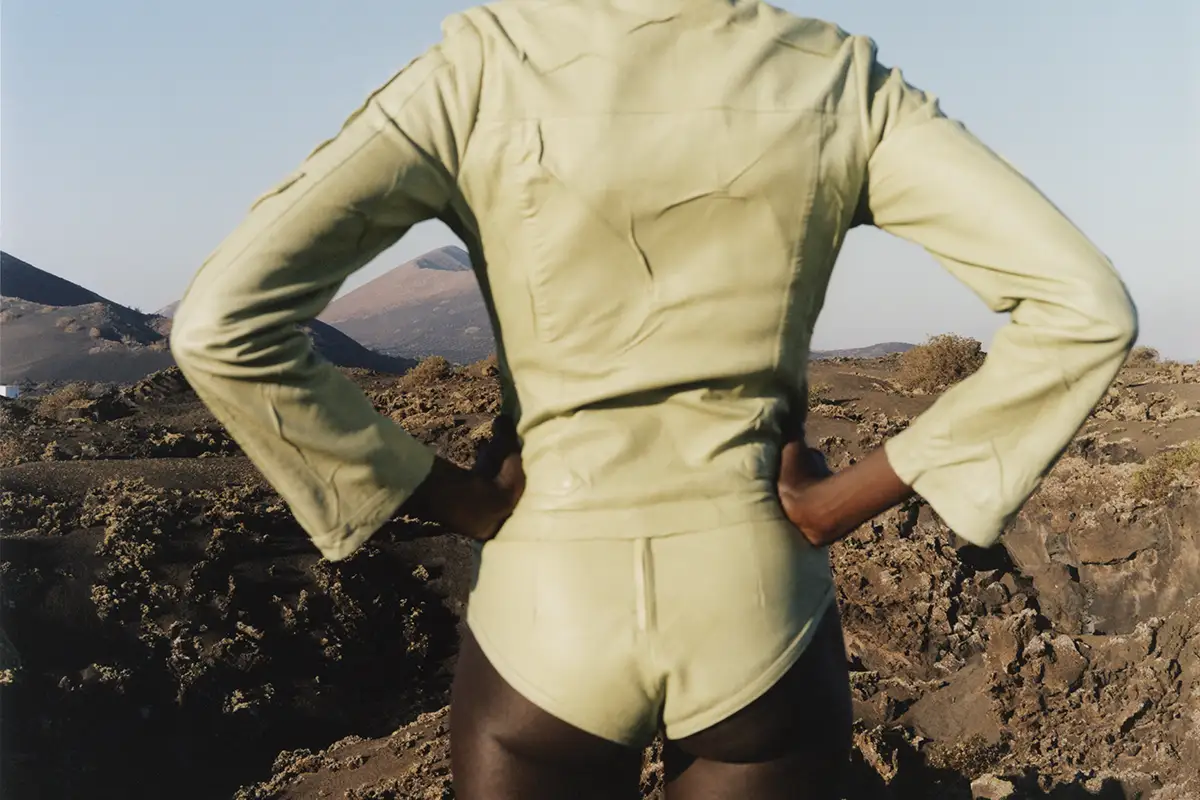Francois-Xavier Fenart states «Having only a third of female researchers all over the world, of which very few in top positions, is a waste of talent and opportunities»
L’Oréal-Unesco Award For Women in Science
L’Oréal Italia announced the six winners of the Italian edition of the L’Oréal-Unesco Award For Women in Science. During this edition, six scholarships worth 20,000 Euros each were awarded to six researchers aged under thirty-five, in recognition of the excellence of their projects in the fields of life science and materials sciences.
These six women were selected among 320 applications from all over Italy. The Jury was chaired by Professor Lucia Votano, former Director of the National Institute of Nuclear Physics, and included members such as ethologist Enrico Alleva, member of the Center of Reference for Behavioral Sciences and Mental Health at SCIC Higher Institute of Health and Correspondent member of the Accademia Nazionale dei Lincei, Mauro Anselmino, former Professor of Theoretical Physics, University of Turin and National Member of the Academy of Sciences of Turin, Maria Benedetta Donati, Head of Neuromed Biobanking Center, Department of Epidemiology and Prevention, IRCCS NEUROMED of Pozzilli, Cristina Emanuel, Scientific & Regulatory Director of L’Oréal Italia, Luigia Carlucci Aiello, former Professor of Artificial Intelligence at the University La Sapienza of Rome, Salvatore Magazù, professor of Experimental Physics at the Department of Mathematical Sciences and Informatics, Physical Sciences and Earth Sciences (MIFT) at the University of Messina and Maria Rescigno, professor of General Pathology and Deputy Pro Rector with Delegation to Research at Humanitas University and Group Unit Leader of Mucosal Immunology and Microbiota – Humanitas Research Hospital.
Lampoon reviews the nineteenth edition of the L’Oréal-Unesco Award For Women in Science
In Italy, the L’Oréal-Unesco Award For Women in Science is now in its nineteenth edition. Founded in October 2002 by L’Oréal Italia in collaboration with the Italian National Commission for Unesco, it is aimed at «promoting the improvement of training of young researchers in our country». From 2002 to today, one hundred scholarships have been awarded, allowing one hundred young scientists to develop their research projects in Italy. L’Oréal and Unesco have been involved for twenty-three years with the For Women in Science project, the first international prize dedicated to women working in the scientific sector. Since 1998, both organizations have supported in their career path as many as 3,600 researchers in 117 countries.
Five of these scientists, after winning the L’Oréal-Unesco prize, were awarded the Nobel Prize: among them Emmanuelle Charpentier and Jennifer Doudna, winners of the Nobel Prize for Chemistry in 2020. The awards ceremony and the talk held to share and deepen data, experiences and proposals on gender equality in scientific research hosted the interventions of François-Xavier Fenart, President and CEO of L’Oréal Italia, Elena Bonetti, the Italian Minister for Equal Opportunities and the Family, Maria Cristina Messa, the Italian Minister of University and Research, and Enrico Vicenti, Secretary General of the National Commission for Unesco, amongst others.
Science and COVID
During the panel Francois-Xavier Fenart, President and CEO of L’Oréal Italia, stated that, in light of the COVID crisis we all had to face this year, the prize gained additional meaning. «This year we have all had a clear awareness of how necessary scientific research is. Indeed, it is science that has given us the answer to tackle a global pandemic that had frozen our lives.
Therefore, this year we are particularly proud of rewarding these six young researchers, so that they can carry out their research projects in Italy, to become role models and examples to follow, both by their colleagues and by all young women and girls. To date we have awarded one hundred scholarships in Italy, a milestone that pushes us to continue to engage in this process that has begun nineteen years ago. We are persuaded that female researchers can and should contribute to progress in the scientific field, to achieve the sustainable development goals on which to build our future».
These words were echoed by Enrico Vicenti, Secretary General of the Italian National Commission for Unesco, who was also adamant in reminding of the gender gap that still has to be filled in the scientific field: «Katalin Karikó, is the Hungarian biochemist and researcher who has dedicated her career to the development of innovative gene therapy based on mRNA, used for the first COVID-19 vaccine.
She is an ambassador of our motto ‘The world needs science and science needs women’, showing how much their contribution means for our future. Having only a third of female researchers all over the world, of which few in top positions, is a waste of talent and opportunities. Gender inequality in scientific research and disciplines is still widespread. Together with L’Oréal, we want to continue to reduce it».
Women in scientific fields
According to the Unesco statistical office, overall women still represent a minority in the field of scientific research, constituting about one third of the researchers at an international. Looking at the scientific awards for female talents, the glass ceiling still appears to be thick. Between 1901 and 2020, for example, less than four percent of Nobel Prizes – only twenty-three – were awarded to women, considering only those for Physics, Chemistry, Physiology or Medicine.
There are several factors that hinder a woman from pursuing a career in science, from self-esteem and self-evaluation to personal tastes, knowledge, and awareness of options available in the academia. To these factors, gender stereotypes must be added, with a continuous representation of male innovators.
Without forgetting that the contribution of women in science is not only about scientific and social progress, but also economic progress: according to data from the European Institute for Gender Equality (EIGE), bridging gender inequality in STEM in Europe by 2050 would lead to an increase in per capita GDP between 2.2% and 3.3%.
The winners of the 2021 L’Oréal-Unesco Award For Women in Science
The six winners of the L’Oréal-Unesco Award For Women in Science have all developed projects which – in their respective fields – showcase their innovative approach and discoveries. Tackling different aspects of our lives, their researchers gave a contribution to the scientific research and as such were awarded.
Livia Archibugi, a gastroenterologist from the San Raffaele Hospital of Milan, won with her research on Pancreatic cancer, where she searched for a molecular mechanism that predict the response to chemotherapy. Elisa Pellegrini dedicated her research to finding a connection between the death of reeds and the climate change studying the plant-soil interactions in costal environments which have been attacked by climate change.
With her study on renal polyploid cells, Letizia De Chiara investigated a new tool for the prevention of chronic kidney disease while Loredana Baranda Pellejero, a chemist, presented a synthesis of functional molecules mediated by clinically relevant biomarkers through the use of systems based on synthetic DNA, which would lead to the formation of therapeutic agents.
Natalia Bruno, who studies the applications of nonlinear optics, atomic physics and solid-state physics to quantum technologies, presented a project called AQTRESS – Atomic Quantum Technologies for Reliable Engineering of Solid-State devices – and Ornella Juliana Piccinni presented a project which could detect extreme objects such as the remnants of gravitational wave events in the data of the LIGO-Virgo-KAGRA interferometers.
The L’Oréal Foundation and Unesco
The L’Oréal Foundation supports women around the world, helping them to fulfill their potential scientific research and inclusive beauty. Created in 1998 and managed in collaboration with Unesco, the «For Women in Science» program aims at improving the representation of women in scientific careers. Founded in 1945, Unesco (the United Nations Educational, Scientific and Cultural Organization), is committed to the promotion of dialogue between civilizations, cultures, and people, based on respect for shared values.




















